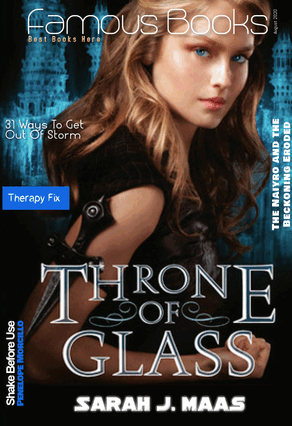Check out the interview :
A couple of easy questions to begin with…First off, what inspires you to write?
I always find these kind of questions really hard! Nothing in particular and everything at once. I am inspired by other writers, social situations, films, exhibitions, photographs, magazines. It’s all a rich tapestry! The Thief Taker was first inspired by some time I spent in Hong Kong. I noticed the city has huge banks of safe deposit boxes, and thought it would be a great story to find a key, and what it might unlock. I then got to thinking about what it might mean if you’d been left a key as a child, and suddenly, as an adult, found a possible means of what it might open.
Other parts of the book come from all kinds of media. I saw a Rolling Stones performance, and thought how apt it might be to base King Charles on Mick Jagger – our modern-day outrageous music royalty is not such a leap from the licentious behaviours of the Merry Monarch. And whilst researching the plague, I found a lot of similarities with modern day ideas of zombies – I actually think zombies could be considered an atavistic fascination with ancient epidemics. In London, a third of the populace became groaning, infected, buboil-addled horrors, and many took to the streets, hoping a kindly Londoner would put them out of their misery. So I watched a lot of zombie films to get inspiration for some of the plague scenes.
The Thief Taker has caused quite a stir. Can you tell us a bit about the book?
The Thief Taker is a historical thriller set in plague-time London. The book starts with a grisly murder, and a branded body. We then cut to our hero, Charlie Tuesday, who we discover has carried a key bearing the murderer’s symbol since birth. Charlie has no idea of the meaning of symbol or what his key might open. He is also a thief taker – 1600s equivalent of a private detective.
Because of the key, Charlie becomes implicated in the murder. So he needs to clear his name by employing his prodigious investigative skills to catch the killer.
How much research went into sculpting the manuscript?
I did a degree and an MA which both concentrated on literary history, during which I read the entire background text of the period. I then spent a year or so on and off at the British Library, whilst writing the book, researching original documents around plague time.
Talk us through your experiences as a self-published author. Why did you go down this route?
I had too many near misses to count with publishers, and was getting very down-heartened. It’s difficult to put into words (even for a writer!) the heartache of having your entire future continually dismissed with a line from a publisher who thought your book might work, but wasn’t too sure. Although I’m sure other writers will know exactly what I mean.
Until recently, writers have operated in a peculiar bottle-neck, where a small elite chooses the products which make it to market. Self publishing is wonderful in that it removes these restraints, Writers can get direct to readers, and have feedback from people who are their genuine target market.
Personally, having spent a long time submitting manuscripts, my finances weren’t great. So I penned a romance to earn a bit of extra cash, after some advice from a writer friend. I never expected it to do as well as it did, but I was obviously thrilled when it did.
And, on the whole, was it a positive or negative experience?
110% positive. I can’t think of a better thing for a writer to do. If you do badly in the self publishing arena, then you get proper feedback, from actual readers (rather than a one-liner from a publisher). If you succeed, you make up to five times the money you would make with a publisher. It really is win win.
How important would you say marketing yourself as a self-published author? Any tips?
Marketing is enormously important for every author. Particularly since most publishing houses freely admit their marketing is limited for new authors. Any product brought to market needs marketing, and that includes books. You need to tell people what you’re selling and why they should buy it. My tips would be to read the handful of really good books on Amazon about self publishing and follow every tip. In particular, a big free promo works wonders as a kick-start.
Are you an author that interacts a great deal with your readers?
I absolutely love my readers, and try to give them the best possible experience. I don’t have as much time as I would like to go on Facebook and Twitter – although I do check in on both. But I keep an email list of my fans, and I make sure they get the best deals on my books.
At what stage did you become represented by a literary agent? Could you talk us though how this has changed things for you as an author?
I was represented from around five years ago, by Curtis Brown. I then switched to Shiel Land, which has been a great experience. My agent Piers is great fun, and offers me really good feedback. He’s also been great at investigating foreign rights etc.









Post a Comment